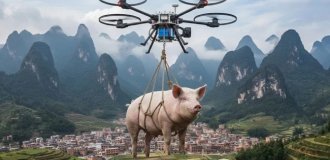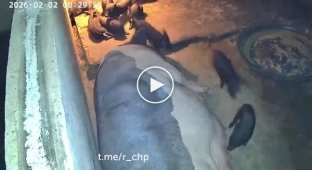With the onset of the coronavirus pandemic, scientists have added even more hassle. Experts began to look not only for an opportunity to save people from virus, but also how to identify those who carry it asymptomatically. tests, analyzes, and scientists also suggested using dogs in this work. 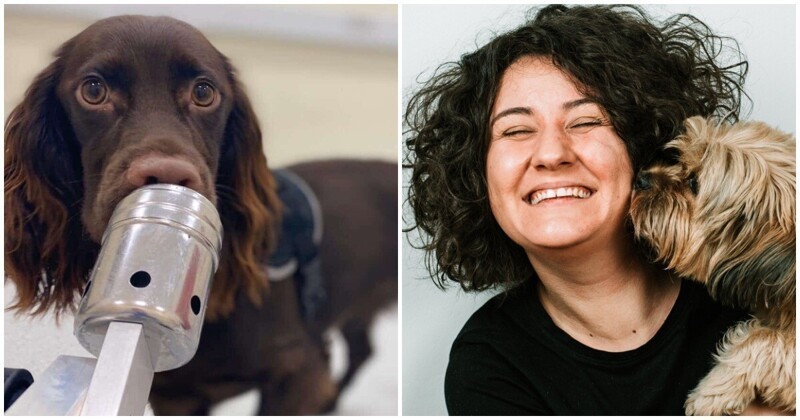
Cynologists said that to train dogs to determine disease is real. After all, fluffy has long been able to distinguish between others diseases.
Malaria 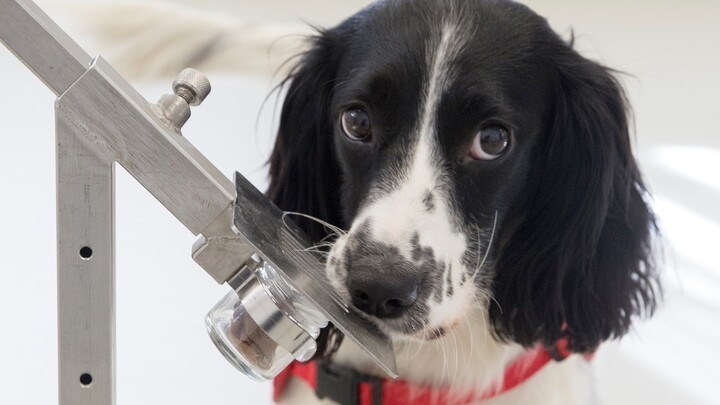
In 2018, British scientists found that dogs can detect malaria. Durham University experts noticed that the visible symptoms do not appear immediately, but body odor changes immediately.
The study involved children aged 5 to 14: 143 healthy child and 30 malaria patients. They all put on ordinary clothes for the night nylon socks, and in the morning, in special freezers brought to laboratory, where two dogs had to determine the socks worn on sick children. Animals smelled the disease in 70% of cases.
Oncology 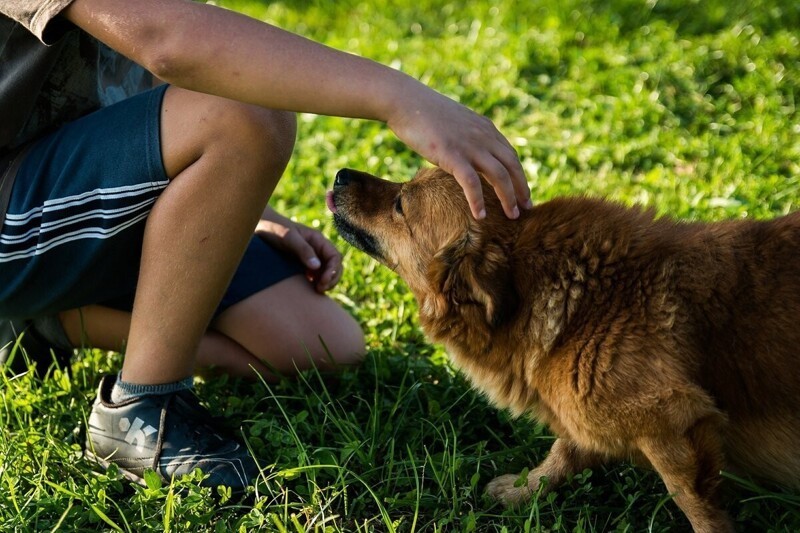
Today, specially trained dogs can recognize cancer skin, rectal cancer, bladder cancer, breast cancer, lung cancer and cancer prostate.
Back in 1989, it was accidentally noticed that a dog can smell cancer - a resident of Canada noticed that the dog often sniffs on her leg the same mole. During a visit to the doctor, a woman told him about it and the doctor decided to do a biopsy, as a result which revealed that the patient had melanoma.
To date, specially trained dogs on urine samples determine cancer of the prostate and bladder with an accuracy of 95%. In respiratory samples, breast cancer (88%) and lung cancer (99%).
Epilepsy 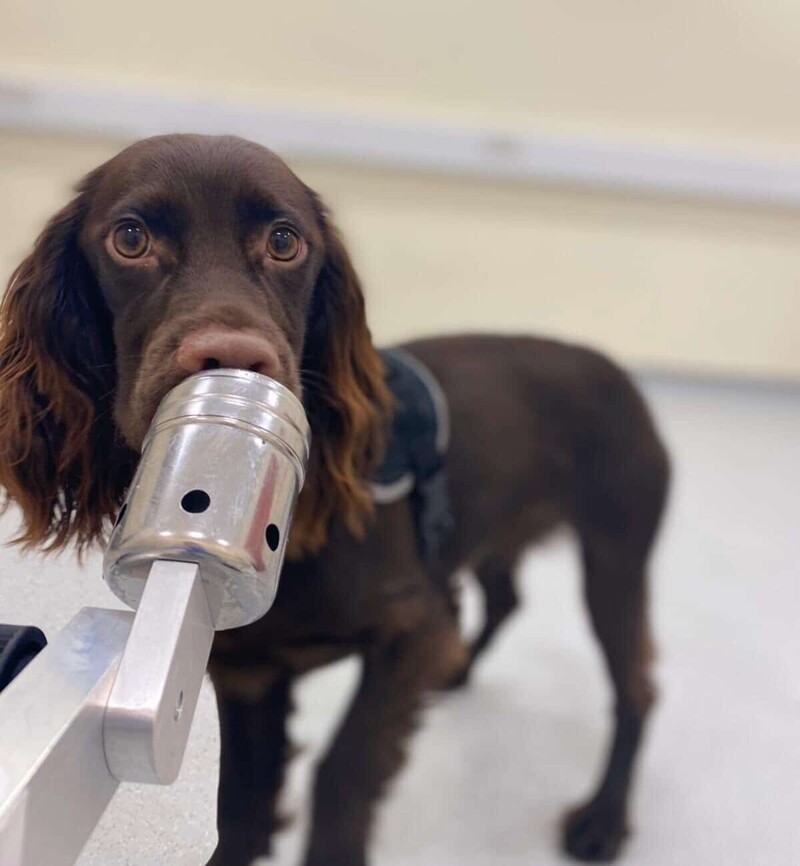
In 2019, French scientists noticed that dogs can sense incipient epileptic seizure in a person. The experts gave five dogs some samples of sweat from people with epilepsy and people whose sweat is released during time of active physical activity. Three dogs unmistakably identified all samples taken from people with epilepsy, and the other two identified with 80% accuracy.
Diabetes 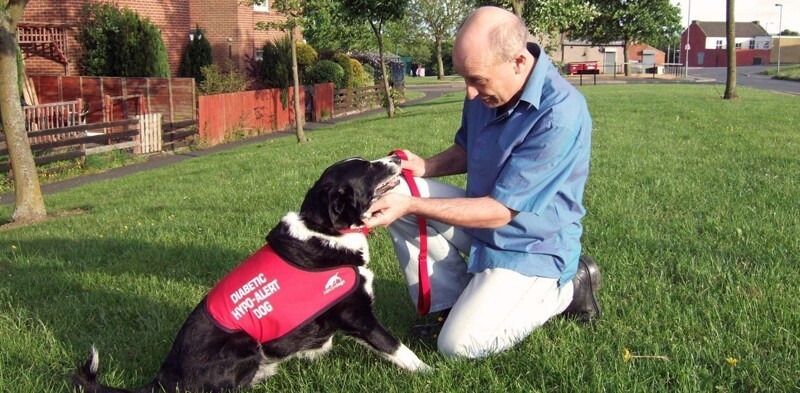
According to scientists, a number of dogs can accurately determine when their owners the level of sugar in the blood rises or falls. Many organizations training dogs for work in this area. They note that ponytails can detect isoprene - a substance present in the breath person. The level of isoprene rises greatly if a person's blood sugar goes down. Dogs are very sensitive to this substance and quickly react to changes.
Parkinson's disease 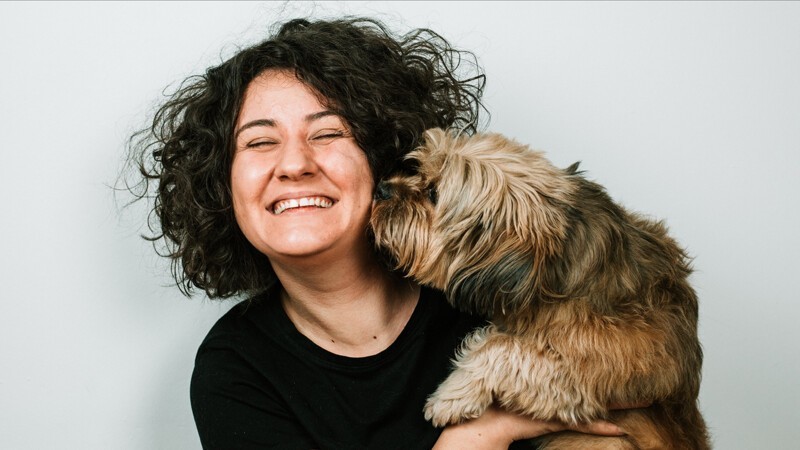
Many who live with a person suffering from this disease admit that the patient begins to smell differently. Scientists have stated that people can smell this smell, then dogs will smell it much earlier. Research has begun and the dogs are already showing good results.
Add your comment
You might be interested in:

